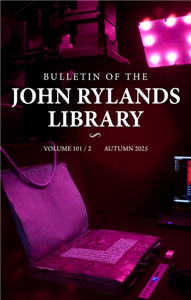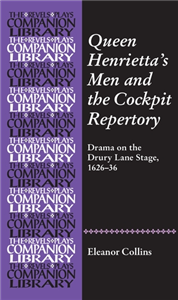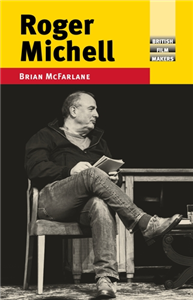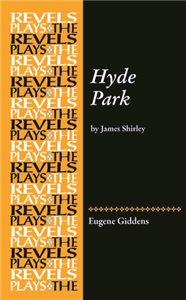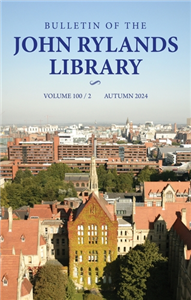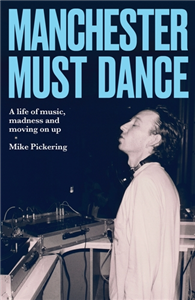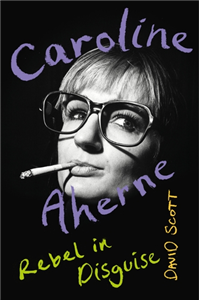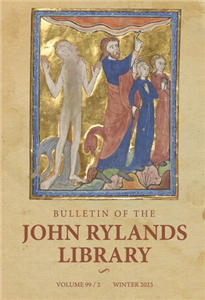Piper Verlag GmbH
Piper Verlag was founded by Reinhard Piper in 1904. Piper published many leading contemporary authors, a tradition followed by his son and his grandson. After 1945 the program expanded to include philosophy and non-fiction. Piper Verlag is well known for its lists in German and international fiction and non-fiction. Authors published by Piper include Ingeborg Bachmann, Hannah Arendt, Sten Nadolny, François Lelord, Arne Dahl, Judith Lennox, Sándor Márai, Paul Watzlawick, Markus Heitz and Rolf Dobelli. Since 1995 Piper Verlag is part of the Swedish Bonnier Group. The imprints Malik Verlag (literary travel writing, adventure, mountaineering), Pendo (commercial fiction), Piper Fantasy (high quality fantasy and science fiction novels), the YA imprint ivi and Berlin Verlag (literary fiction and non-fiction) are part of Piper Verlag GmbH. Today, Piper Verlag publishes about 300 titles per year and is known for a wide range of German language and international fiction and non-fiction authors, about half of them in translation.
View Rights Portal




